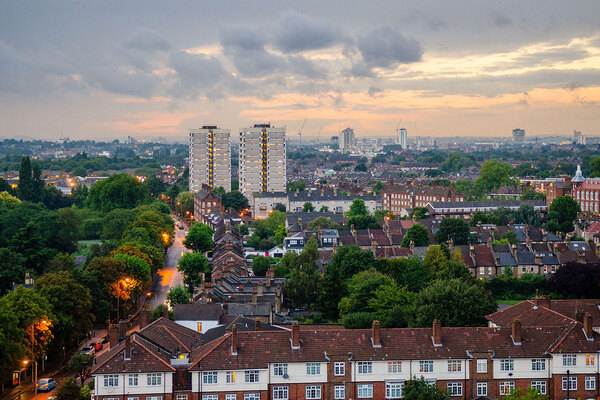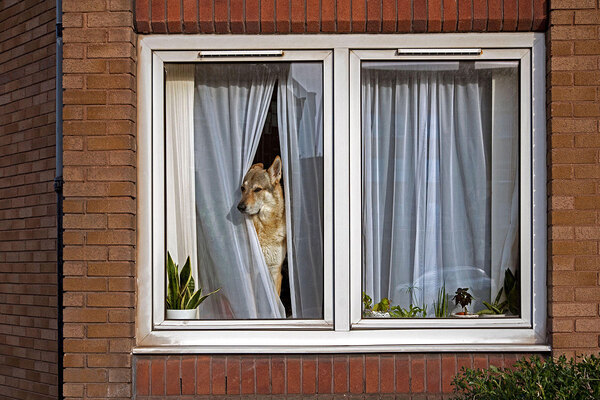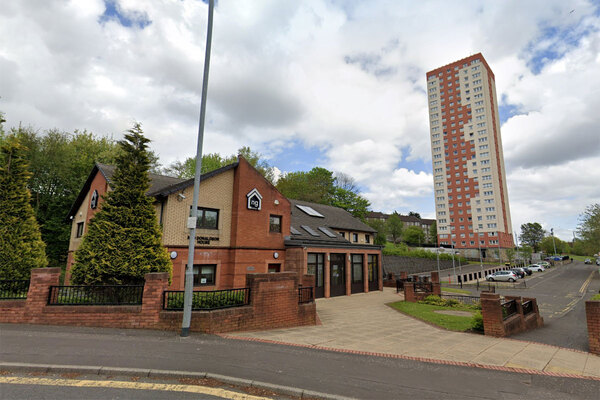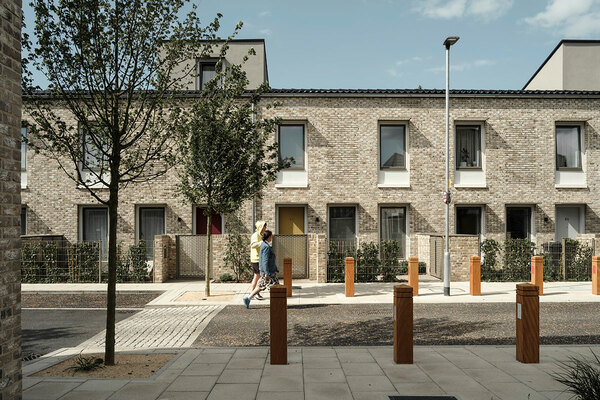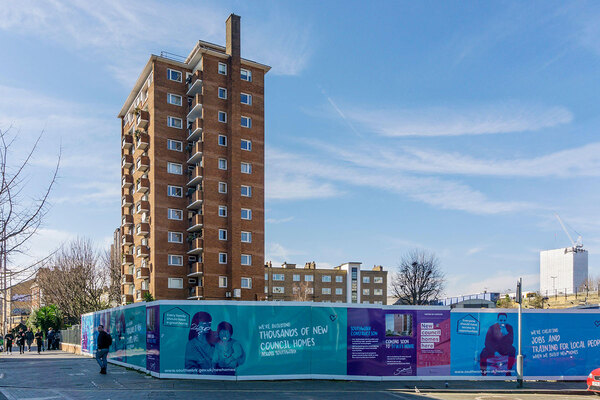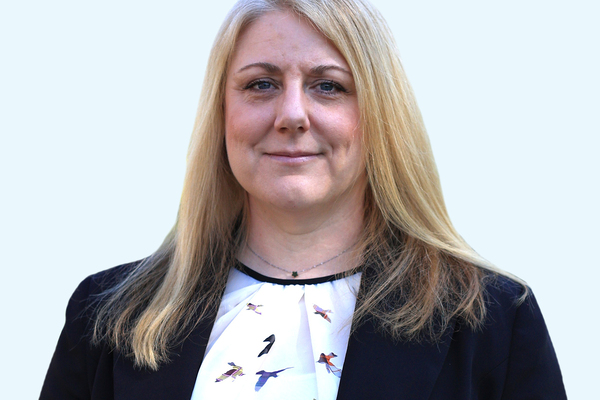You are viewing 1 of your 1 free articles
Fire safety costs and care arm struggles contribute to £8.6m loss at London association
London-based landlord One Housing has reported a pre-tax loss of £8.6m, with its ailing care and support business and increased fire safety costs contributing to the poor financial performance.
The 17,000-home association confirmed in its accounts that for the 12 months ending 31 March 2020 it had made an £8.6m loss, a dramatic fall from the £12.7m surplus recorded in 2019.
It said that the loss was partially caused by its health and social care services “not covering their costs”.
One Housing holds various contracts with local authorities and healthcare and social services, but this year these ran at an overall loss of £1.1m, down from a surplus of £1.3m.
The organisation, which is a member of the G15 group of large London associations, noted that its senior living care homes suffered “reduced occupancy and increased costs” late in the financial year as COVID-19 hit this side of the business.
Other financial pressures also hit One Housing’s bottom line, including high maintenance costs and a significant increase in fire safety spend, which rose from £3.6m in 2019 to £8.2m in 2020.
The group has now estimated that fire safety spend will hit £265m over the next 10 years.
The association’s financial performance was also affected by a movement in the fair value of its financial instruments, which reduced the surplus by £6m.
Richard Hill, chief executive of One Housing, wrote in the accounts that the results were “not at a level that would be sustainable if they were repeated year-on-year”.
The results also revealed that the landlord had increased its average service charge per unit from £1,284 in 2019 to £1,499 2020.
Despite this, the association saw a “substantial shortfall” in service charges. The shortfall trebled from £1.1m to £3.4m, as some leaseholders were excused from paying charges due to poor service provision.
“Since service levels for some tenants and leaseholders fell short of the levels to which we aspire, in some cases we felt that to attempt to recover additional sums from tenants and leaseholders would not be appropriate or offer good value for money,” the accounts said.
Income from properties for outright sale also dropped, with the association generating just £3.5m of surplus from these sales, compared with £3.8m the previous year.
Mr Hill wrote: “[The results] show an organisation which has needed to invest in improvements to customer service, repairs and maintenance and better technology, and the short-term impact of changes in our development strategy."
One Housing has restructured its development strategy in recent times and taken the decision to move away from delivering as much private sale homes and instead focus on affordable tenures. It also said it will now move away from unconditional land acquisitions of complex or challenging sites.
The accounts said that over the last two-and-a-half-years it had critically reappraised a number of problem sites and attempted to minimise losses on them through redesigning schemes or seeking revised planning permission, bringing in joint venture partners with additional expertise, terminating contracts, or through acceptance of reduced sales prices for homes.
In a further comment, Mr Hill said: “We are extremely proud of our role as a key player in care and support.
“This has been a difficult year for people and businesses up and down the country, and during the COVID-19 pandemic, we are focused on keeping our residents safe and this has had a financial impact on some of our services.
“We have also made the right decisions to invest in improving the fire safety of our buildings and not to charge our residents for waking watch and other safety measures.”
Update at 15:45, 13.01.21:
Story edited to include further comment from Richard Hill.
Sign up for our development and finance newsletter
Already have an account? Click here to manage your newsletters
Related stories






